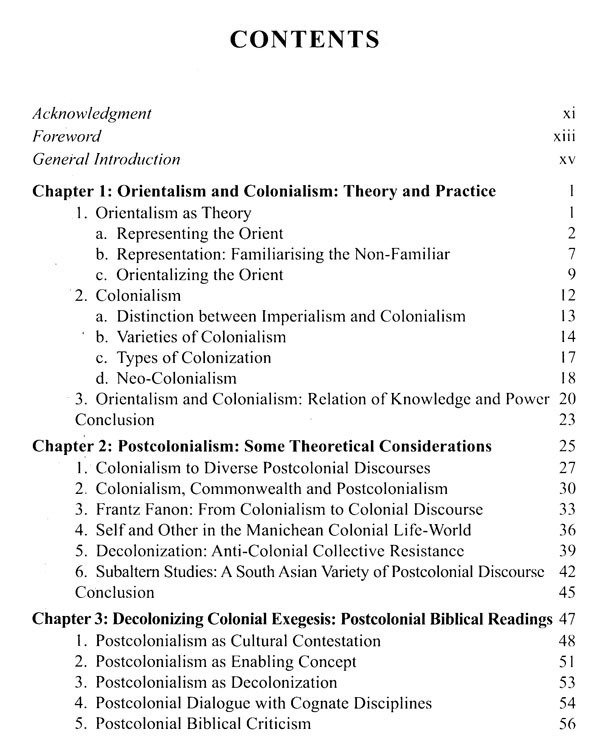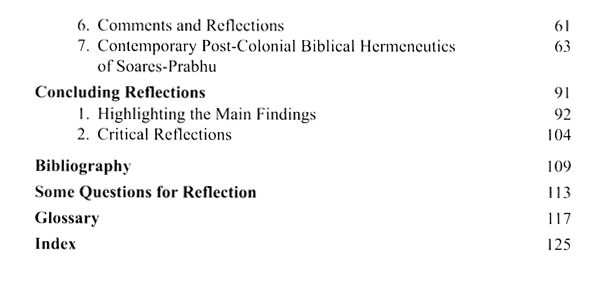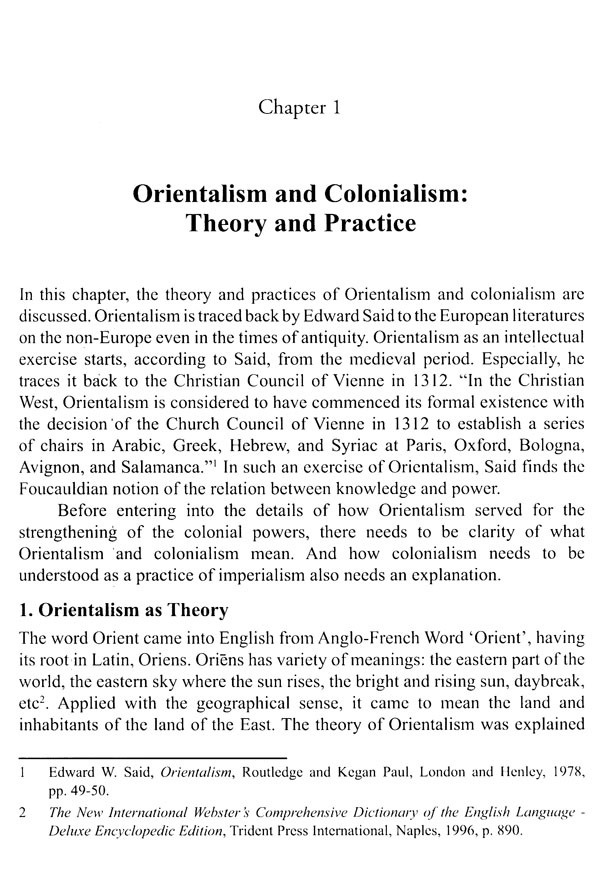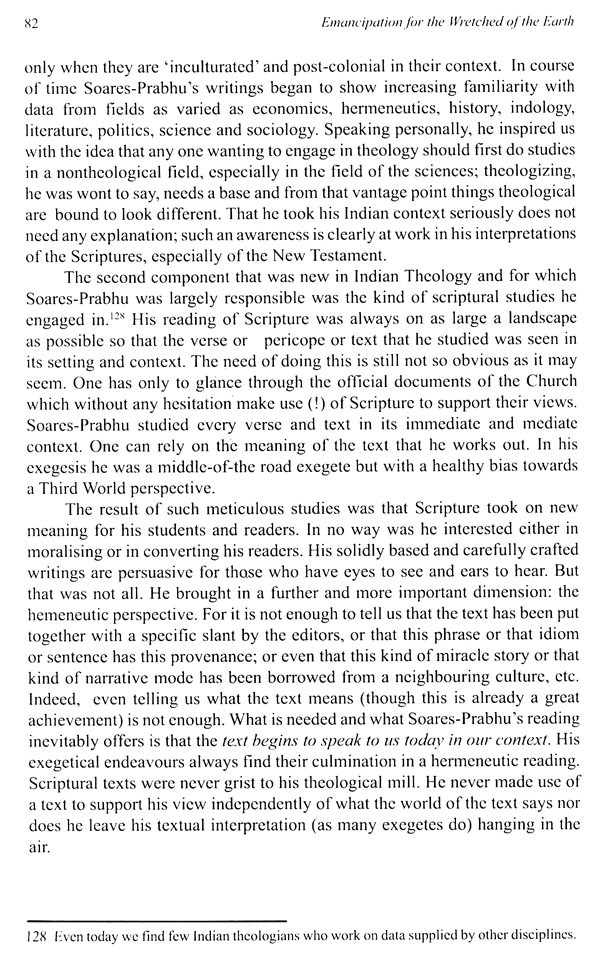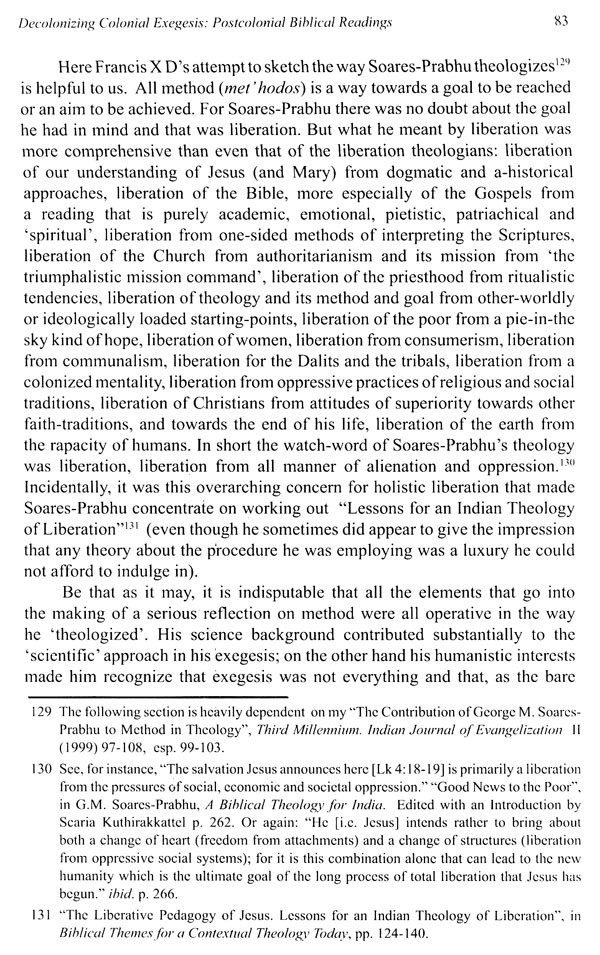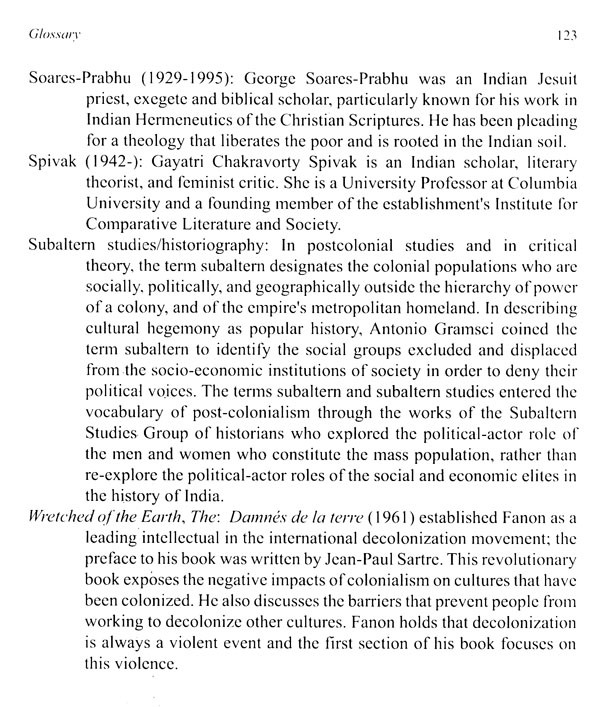
Emancipation for the Wretched of the Earth- A Postcolonial Interpretation of the Bible (JDV Philosophy Series-16)
Book Specification
| Item Code: | UBA300 |
| Author: | Gargi Mukherjee |
| Publisher: | Jnana Deepa Vidyapeeth & Christian World Imprints |
| Language: | English |
| Edition: | 2020 |
| ISBN: | 9789351484806 |
| Pages: | 138 |
| Cover: | HARDCOVER |
| Other Details | 9.50 X 6.50 inch |
| Weight | 420 gm |
Book Description
Thus the attempt made by an young and dynamic research scholar Gargi Mukherjee to critique the religious and biblical basis through the lenses of postcolonialism is truly commendable. Though herself is not a Christian, the scholar has undertaken the courageous task of unravelling some of the colonial interpretations of the Bible, helping the contemporary people to rediscover the freshness and liberative dimension of the Bible, especially from the experiential dimension of the poor, marginalised and the wretched of the earth. In the prophetic reinterpretation of the Indian Biblical scholar George Soares- Prabhu (1929-1995), she has found someone who has interpreted the Bible for the "natives," taking into consideration their dreams, aspirations and hopes. As we celebrate the 25th death anniversary of this well-known biblical scholar, this book may be regarded as a modest tribute to this prophetic hermeneut, revolutionary thinker and radical visionary. May he continue to inspire us to interpret the Bible meaningfully for our community.
This book is dense in its theoretical underpinning of post-colonialism. It does a tremendous service to the Christian community to rediscover the freshness and vigour of the Bible. It challenges the philosophers and scholars to be truly open to the "wretched of the earth," in their analysis of the world- views. It encourages ordinary people to be personalise the authentic experience of God in ordinary and normal experiences of life, including the exploitation of the during these Covid-19 times!
May this scholarly work enlighten our minds and enlarge our hearts to discern the complex colonial biases that we inherit, so that freed from such subtle biases, elusive prejudices and cerie distortions, we may be open to others and embrace the other in warm affection.
**Contents and Sample Pages**

